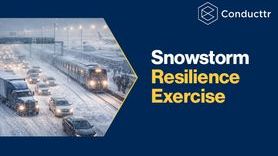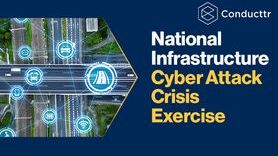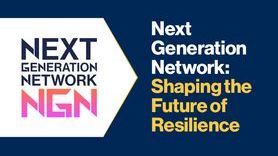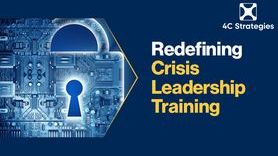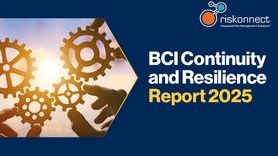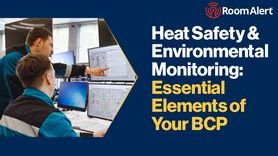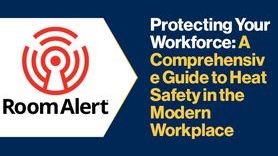New Zealand elimination strategy sends employees back into remote working

Minister Jacinda Ardern said the country’s boarders will not reopen until after the new year
A level 4 lockdown was announced on Tuesday (17th July) night after one confirmed case of COVID 19 was found in Auckland, New Zealand (NZ). The latest case has been reported to have no known links outside of the country and would be the first case recorded in the last six months. New lockdown measures will see the closure of schools, offices and businesses, as well as further bans on international travel.
For the last six months, the country has experienced a sense of ‘normality’, benefitting from eased lockdown measures, such as domestic travel, and the reopening of restaurants and retail. Mask wearing was still mandatory on public transport, whilst COVID Tracer QR codes were used to scan into workplaces and services. Every business unless exempt was governed to display each code in a prominent place in their premises.
Despite implementing some of the strictest COVID measures in the world, New Zealand now faces life under restrictions again, and for most office based businesses, the lockdown means another transition to working from home.
Glen Redstall, Board Member, The BCI, has said working from home has now become a permanent fixture in NZ since the start of lockdowns in 2020, where he has done many Business Impact Analyses (BIA) with organizations, where he has witnessed the ongoing trend, “Traditionally we would ask them, have you got a fixed location or a building that you work from, and more and more people are saying to us, ‘no’, that they can work from anywhere. As long as people have their laptops and mobile phones, they can carry on with normal operations. So it seems the demand for traditional business equipment is changing significantly.”
For workers in client based services, traditional files are no longer needed as long as there is a common share point where they can access documents. The transition into Office 365 prior to COVID has enhanced mobile working, which has enabled a quick response to the shift.
This further puts companies in the position of relying on digital communication software such as Microsoft teams and Zoom, as a pillar to the building of team relationships.
He said, “One of the things we found during the first nationwide lockdown in 2020, were younger staff members who would be looking to senior staff members for advice, now had to set up meetings to ask questions, rather than just walking to their desk”
Workers have become more mobile through snap lockdowns as companies provide them with standard equipment to work remotely. Glen said most people as standard are working from home remotely one or two days a week and no longer having designated desks. With the practicality of such arrangements, companies are now shedding floor space. This has now become a source of savings in an area where they would previously struggle to house new projects. Now many vacant spaces are available for retail and office blocks, further changing the market leaving it open for the introduction of new infrastructure.
The high earthquake risk in NZ also means buildings are frequently under construction to strengthen the infrastructure, with some buildings being removed completely to be rebuilt. Having a ‘get up and go’ efficient workforce able to work without the need of a building may be the future direction for workers in New Zealand.
Glen says with so many major disasters and life events, Business Continuity exercising should focus more on localized disasters, “The key thing is to get people to see that is not necessarily about a big disaster, it could be the power going out, it could be a gas leak on the road outside, it’s all of these smaller scale localized events particularly for government agencies, what happens when your unavailable but the rest of the world is still operating as normal. How do we manage situations which effect a floor or a building rather than the larger scale crises?”



